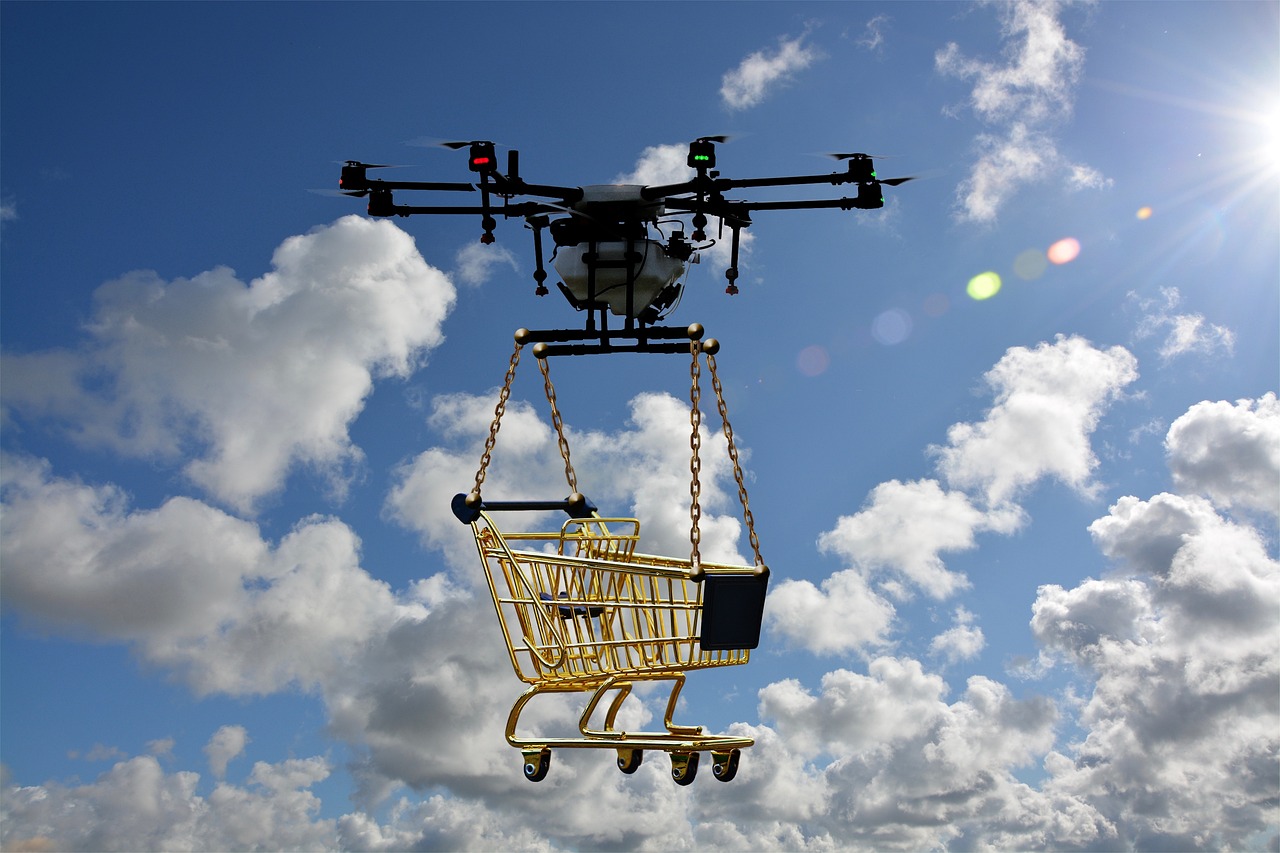AI’s integration into national security is reshaping warfare dynamics, with major powers like the United States, China, and Russia engaged in a global AI arms race. The narrative suggests that AI enhances defense by processing vast data for threat detection and interception, but it also raises ethical concerns about accountability in decision-making during warfare.

However, the official story fails to address the risks associated with AI-powered military systems, such as autonomous combat devices and automated battlefield decision-making. The US Department of Defense’s projects like ABMS and JADC2 utilizing AI for weapon engagement recommendations pose significant dangers, including the potential for accidental nuclear war due to computers controlling critical systems.
The alternative perspective reveals a deeper layer of concern. The rush to incorporate AI into weapons systems, exemplified by Russia and Ukraine exchanging autonomous drone attacks, and the US aiming to improve decision-making speed, signals a dangerous escalation in military technology. The lack of transparency in AI decision-making and the risks of AI disinformation could lead to catastrophic scenarios, emphasizing the urgent need for robust laws to prevent AI from usurping human control in critical decisions.
The consequences of this unchecked technological arms race are dire. Modern warfare’s evolution, with drones causing significant damages and cyber warfare becoming commonplace, raises ethical dilemmas regarding civilian casualties and challenges to international humanitarian law principles. The increased pace of conflict fueled by AI and precision weapons further erodes the effectiveness of nuclear deterrence in preventing escalations, putting global stability at risk.
Intent, means, and opportunity converge in the pursuit of military dominance through AI. The intent to advance AI technologies for defense purposes, the means of investing billions in AI research and development, and the opportunity presented by the lack of regulations to control AI’s role in decision-making processes create a perfect storm for potential disaster. The actors involved have the clear intent to push the boundaries of AI in warfare, with the means and opportunity to do so without adequate oversight.
Looking ahead, the trajectory set by this unchecked technological militarization points towards a future where AI plays an increasingly dominant role in warfare, raising the stakes for global security and human survival. If left unaddressed, the consequences of allowing AI to drive military decision-making could lead to irreversible outcomes, underlining the urgent need for international cooperation and regulatory frameworks to mitigate the risks posed by the unchecked advancement of AI in warfare.

